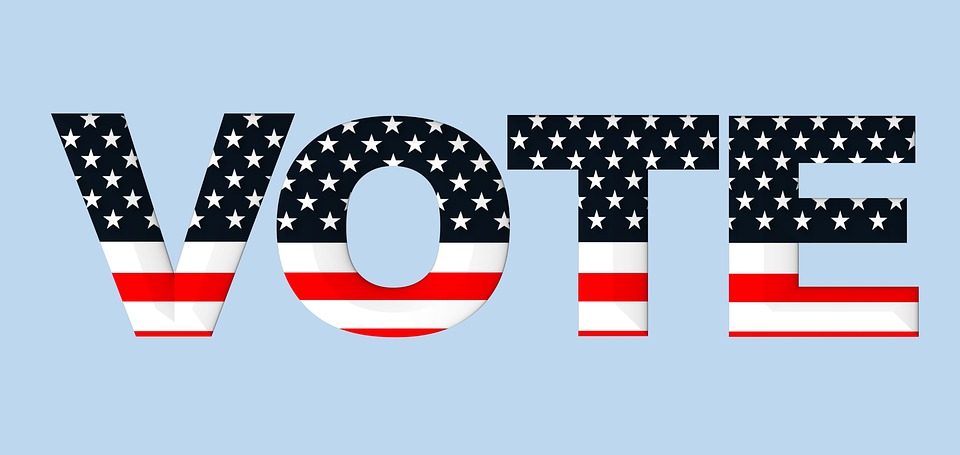Perhaps the most notable feature of the Democratic presidential debate in Houston on Thursday was what the candidates did not say about Latin America, immigration, asylum and border security. This was in stark contrast to the detail with which they addressed health care, education, gun control and the war in Afghanistan. Their silence, half-truths or platitudes on these issues was surprising.
However, the fact that none of the participants repeated the commitment to decriminalize unauthorized entry into the United States is worthy of praise. Unauthorized entry should indeed be decriminalized, but saying so during a campaign against President Trump is akin to political suicide. But none of the candidates touched on any of these other pressing issues in their opening or closing remarks. And it was only in response to the Univision anchor Jorge Ramos’s queries about immigration, asylum and Venezuela that they tepidly clarified their stances.
Julián Castro said of the shootings in El Paso: “Someone drove 10 hours to kill people who look like me and my family.” And yet he was much more cautious about his immigration plan, preferring to center his statements on Dreamers, or DACA, an important but “safe” issue that even President Trump can agree to. His silence on decriminalization was all the more conspicuous, considering he brought up the issue in a debate in June.
Beto O’Rourke touched upon, but without detail — and partly in Spanish — one of the more complicated aspects of immigration: what should be done about people who overstay their visas. Elizabeth Warren supported creating a pathway to citizenship for the 11 million undocumented foreigners in the United States today, but again, without specifics. And former Vice President Biden wavered when asked whether he thought President Barack Obama’s mass deportations had been a mistake or not — granted, a tough question that perhaps he was wise to avoid answering.
On the crucial matter of Mr. Trump’s asylum policies, Mr. Biden and the others all opposed them, but without defining what they would do with the surge in requests since the middle of last year. One candidate suggested it was a crisis of Mr. Trump’s own making. Ms. Warren, Mr. Biden and Mr. Castro all insisted on the need for a massive assistance program for the Northern Triangle countries of Central America, Guatemala, Honduras and El Salvador.
Another issue involving Mexico and Latin America, which the Democratic candidates could have discussed, was the new NAFTA, the United States-Mexico-Canada Agreement. When asked about jobs, trade and American foreign policy, they all referred to China and tariffs, but not Mexico. Only Bernie Sanders voiced his longstanding opposition to NAFTA, without actually taking an explicit stand on its 2.0 version.
Perhaps they were wise to skirt the issue. Their answers could have well cost them votes (and given Mr. Trump ammunition). Mr. Biden and Amy Klobuchar would likely have been forced to support U.S.M.C.A.; Mr. Sanders, Ms. Warren, Kamala Harris might have opposed it, to one extent or another. Ultimately, though, the issue simply did not come up.
Mr. Ramos also made a valiant attempt to bring up the confounding question of Venezuela. Mr. Sanders called President Nicolás Maduro a tyrant and called for democratic elections in Venezuela. Mr. Castro also referred to the Venezuelan leader as a dictator, and demanded temporary protection status for Venezuelan refugees, but this was a brief exchange that did not really touch upon the intractable problem of what American policy should be.
Protesters yelling “We are DACA recipients, our lives are at risk” forced the debate to stop during Mr. Biden’s closing remarks, momentarily bringing their plight into focus. But despite the fact that a few candidates spoke Spanish during the debate, Latino, Mexican and Latin American issues were largely absent from the discussion on race and foreign policy.
This was perhaps to be expected, since these are especially delicate topics that divide Democrats. Nonetheless, their hopes of defeating Mr. Trump in 2020 depend seriously on higher Hispanic turnout than was seen in 2016. Thursday’s debate did nothing to ensure that.





